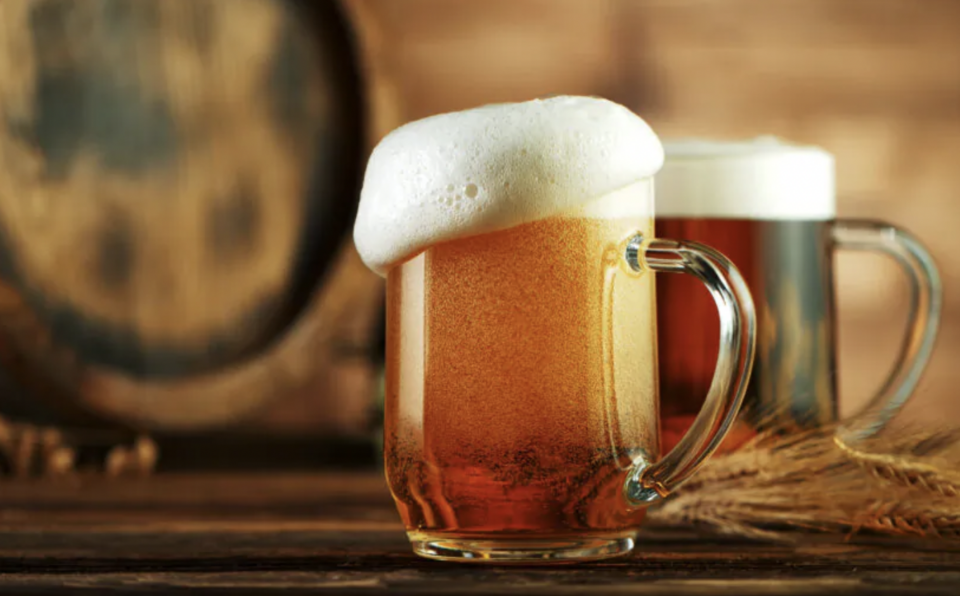Beer drinking holds a significant place in cultural practices worldwide, from corporate “happy hours” to renowned beer festivals like Oktoberfest. These events highlight the social and cultural significance of beer in society. Composed of grains, hops, and yeast, beer possesses some nutritional elements beneficial to human health, including potassium, magnesium, B vitamins, dietary fiber, selenium, and protein.
Interestingly, a study conducted in 2013 suggests that the flavor of beer alone can stimulate dopamine activity in the male brain, leading to feelings of happiness and temporary stress relief. Notably, this effect was more pronounced in men with close family members suffering from alcoholism. However, another study from 2007 discovered that people are more prone to engage in binge drinking specifically with beer compared to other alcoholic beverages.
Despite containing less alcohol than wine and liquor, beer still carries potential harm, even in moderate quantities, due to its alcohol content. Consequently, choosing to abstain from beer can yield several positive health effects. Firstly, it can help trim the waistline by reducing excess calorie intake. Beer, especially regular or light beer, is known for its high calorie content, hindering weight loss efforts and increasing the risk of heart disease and Type 2 diabetes. Moreover, eliminating beer from the diet may lead to improvements in liver function and a healthier heart. Long-term alcohol consumption can cause liver-related conditions, but the liver has remarkable self-repairing abilities that can reverse some damage when alcohol is stopped. Similarly, alcohol-induced cardiac conditions, such as alcoholic cardiomyopathy, can improve when alcohol consumption is ceased.
Regular beer consumption can also elevate the risk of hyperuricemia and trigger gout due to the purine content. Moreover, while rare, some individuals may develop allergies to barley malt and wheat commonly used in beer production, leading to symptoms such as hives or stomach cramps. It is worth noting that certain individuals should avoid consuming beer altogether. Those with specific medical conditions like liver or kidney disease, epilepsy, mental health disorders, or a history of alcohol-related accidents should abstain to protect their health. Additionally, people taking medications that interact negatively with alcohol and those with gluten sensitivity or celiac disease should avoid beer due to potential adverse effects.
Overall, while beer drinking is deeply ingrained in cultural practices, it is essential to be aware of its potential impact on health and make informed choices based on individual circumstances and medical conditions.

